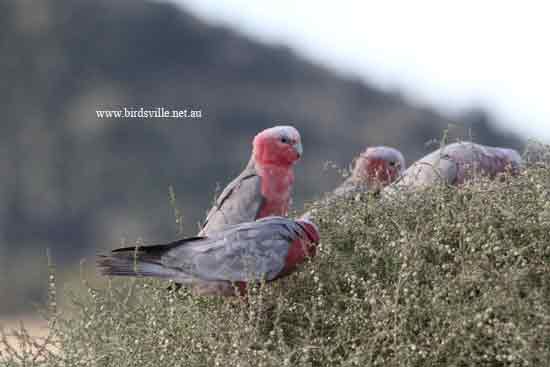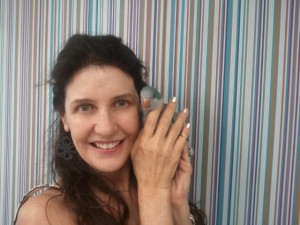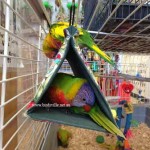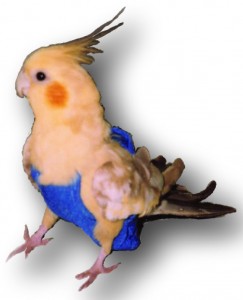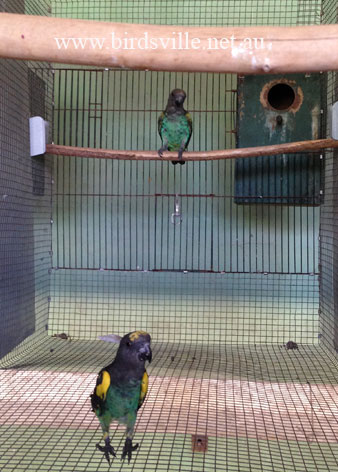Galah diet and care
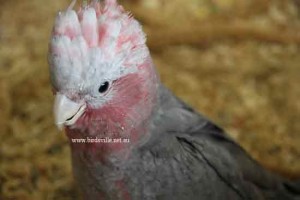
Availability at birdsville
Tame Galahs are only available around December as they are seasonal breeders and are not available earlier in the year. If you want to lock yourself in a tame galah contact us at birdsville.
Galahs have always been one of my favorite birds, maybe because they are one of the birds I always had growing up. In my opinion galahs have the most beautiful nature when trained properly. They are the most suitable of all the cockatoos in a human family environment (excluding cockatiels the smallest member of the cockatoo family) as they are not as noisy as other members of their family. But remember, if you are after a completely silent bird there is no such thing, they all make noises. Galahs are generally quiet during the day, but most will get a little excited around dusk and dawn as the sun goes up or down.
Length
around 14 inches
Weight
300 – 400 grams

Nature Of the Galah
Galahs make great pets and are good talkers they are generally not noisy. Despite these birds being synonymous with the word fool or idiot (Alf Stuart from the tv show using the term “you are flaming galah!”) these birds are not a fool or an idiot on the contrary these birds are very intelligent and there is definitely something going on upstairs in the brain department any owner of a galah will be able to attest to this. this saying probably came from the fact that they are quite playful even in the wild clowning around upside down and playing with each other.
Availability of Galah's at Birdsville
Galahs are available all year round, but hand raised galahs are generally only available from November to February as these birds only breed in the warmer months.
Cage’s For Galah’s
Unlike the old days when people had the old cocky cage which used to be very popular these cages are a dinosaur in today’s aviculture as these cages are very unsuitable for a bird this size and more suited to a budgie. Galahs require a large cage for many toys, perches, food/water dishes, as well as significant space for them to move around and spread their wings, this eliminates boredom while in the cage.
Behavioral enrichment toys are very important for the wellbeing of your pet galah, choose toys that they can work hard at destroying, if your bird destroys a toy that means he liked that toy very much, also tough toys for longevity, swings and natural branches are great for their feet.
Diet for Galah’s
Galahs when young can have an all you can eat buffet but when birds become older than 5 months you have to be careful not to over feed your bird and not to give them too much oily food such as sunflower seeds.
For galahs over 5 months have at least 2 Feed dishes one for seed and the other containing pellets. Do not add more seed or pellets until they have both been completely eaten. Many people find this difficult as galahs given the choice will eat nothing but sunflower seed. This is very bad for your bird and will in time eventuate in health problems. Feeding them correctly will actually result in your bird feathers becoming brighter and your bird will be much happier.
At Birdsville we recommend a combination of seed, pellets, and veg.
- Pellets, the only pellets for cockatoos we recommend are Pretty bird pellets, Murphy’s pellets, Harrisons, Vetafarm Nutriblend parrot, Vetafarm nutriblend pellets Vetafarm Maintenance pellets and Passwell parrot pellets. Despite so many pellets available at birdsville some pellets are unsuitable for Galah’s due as there dietary requirements are quite different compared other parrots which have a high fructose Diet.
- Seeds, feed your Galah a good quality seed mix be wary of some supermarket mixes as they may contain low grade seed, which is not fresh and therefore not nutrient rich, if you are not sure of the seed you are using ask your local bird expert. Cocky mix would have to be by far the best for galahs as it has the best grains for galahs to eat however this mix does have quite alot of sunflower seeds. For overweight birds the birdsville parrot mix (mix with no sunflower seeds) is highly recommended.
- Nuts- As a treat we also recommend passwells fruit and nut mix or our Birdville nutmajic mix Tropimix or avigrain fruit and nut mix (which does have sunflower seed).
- Sprouted seed.
- Fruit– apple, pear, rock melon
- Greens and vegetables, such as seeding grasses, grass, broccoli, carrot, carrot tops, sweet potato, pumpkin, green beans, zucchini, squash, dandelion, chickweed, silver beet and spinach. Vegetables are especially important for galahs
- Vitamin supplements– this is not necessary when feeding your galah pellets as they already have plenty of vitamins. If you choose not to give your bird pellets only add vitamins via the water supply . Links to popular vitamins are linked – ornithon – vetafarm breeding aid plus – multi vitamins, passwell multi vite your Local Bird specialist bricks and mortar store should stock all of these products.
- Calcium– can be supplied in a grit mix, calcium perch which are great as they contain iodine or cuttlebone.
- Fresh clean water– must be supplied at all times.
Fresh water should be provided throughout the day.
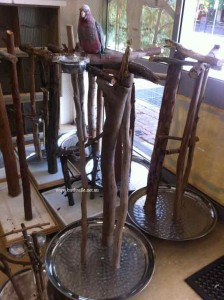
Introducing your bird to existing birds.
Once you have taken your bird home you should keep it in a separate cage and allow the bird to adjust accordingly. Always allow at least 2 weeks before introducing the bird to an existing bird. During this period ensure the birds can see each other through the cages without the cages touching.
When mixing species try to get similar sized birds, there is always an element of risk mixing different species together and even the same species. At birdsville we have witnessed that all the large Cockies mix together quite well and even become friends. We have a customer who has a galah which is best friends with there lorikeet but in saying this always be cautious.
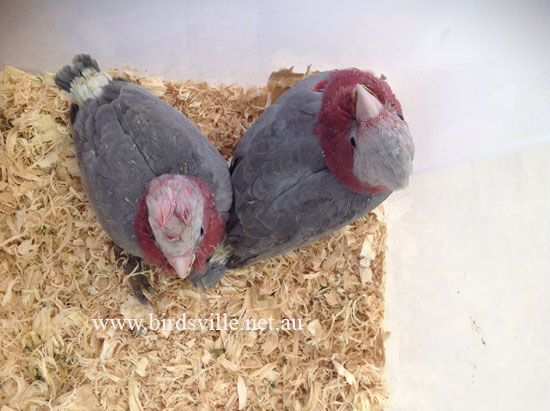
Most Common Health issue’s with Galah’s
The biggest problem we encounter with our customers is poor health due to a poor fatty diet with too many sunflower seeds this leaves the birds vulnerable to forming fatty tumors, a fatty liver and susceptible to a whole host of diseases that a bird with a healthy diet would not be affected by. At Birdsville we stock a mix which has no fatty seeds which Galahs absolutely love, if you’re in our store ask one of our team members.
Beak and feather disease which is very common in young birds. So common in fact most Galah’s have been exposed to the disease that we are aware of. In our experience the best way to avoid your bird from having problems with beak and feather is a stress-free environment and a good healthy diet as mentioned above. A Galah with a strong immune system generally will be less likely to be affected by beak and feather and will live a long healthy life. Baby galahs have not developed a strong immune system this is why it is so important to minimize stress and give them a proper diet. Once your bird has passed 12 months of age it is very unlikely it will ever show symptoms of the disease and should have full anti bodies for beak and feather Galah’s do not suffer from the disease as badly as the Sulphur crested cockatoo‘s and rainbow lorikeets.
Another issue is bone problem’s probably from a lack of calcium and vitamin d. We see many birds with deformed legs if your bird cannot get access to unfiltered light then you must supply vitamin D supplement in your bird’s water supply of on the fresh vegetables served to them.
Worming– have you wormed your Cockatiel?
Adult Galahs should be wormed every 3 months. Baby recently weaned Cockatiel will need to be wormed in two or 3 weeks after being taken home check with the staff from Birdsville, when purchasing). Young birds that have been recently weaned have a delicate bacteria’s developing in their gut, worming at this stage could harm the bacteria’s development and your new bird. Worming will need to be done.
every 6 months. Worming your bird is essential for the health of all parrots in captivity.
Lists of wormers available at Birdsville if you’re unsure of what one to use, or you’re after a vet grade wormer which is what the vets use, ask one of our team members when you are in store, and they can help you. As a major distributor of avian products in Australia our prices are one of the cheapest in Australia. aristopet worming syrup with praziquantel – vetafarm wormout gel – avtrol plus bird wormer.
Worming your bird is actually very easy it will simply go in the water supply for amounts simply check the label on the bottle, or on some bottles peel back the label.
Why are worms bad for your bird and you?
Worms cause a range of diseases, the severity of which depends on the species of worm they are infected with. Parasitic worms have an indirect lifecycle with many insects such as fly’s, beetles, other insects and feces acting as intermediate hosts.
Worms can weaken your bird’s immune system which inadvertently can kill your bird from a virus that a bird with a strong immune system can fight off.
if your bird is not wormed regularly and after some time you do worm your bird, the dead worms can cause intestinal or respiratory blockages, in sick adult birds it may be a good idea to worm them with a half dose first. This is at Birdsville we recommend worming every 3 months at least.
Below is a common and wide variety of worms of worms including Tapeworm Worm (Choanotaena spp, Raillietina spp), Thread Worm (Capillaria spp.) Roundworm (Ascaridia spp.), Ceacal Worm (Heterakis gallinarum), Hook Worm Acuaria spp.) in both Aviary and caged Cockatiels.
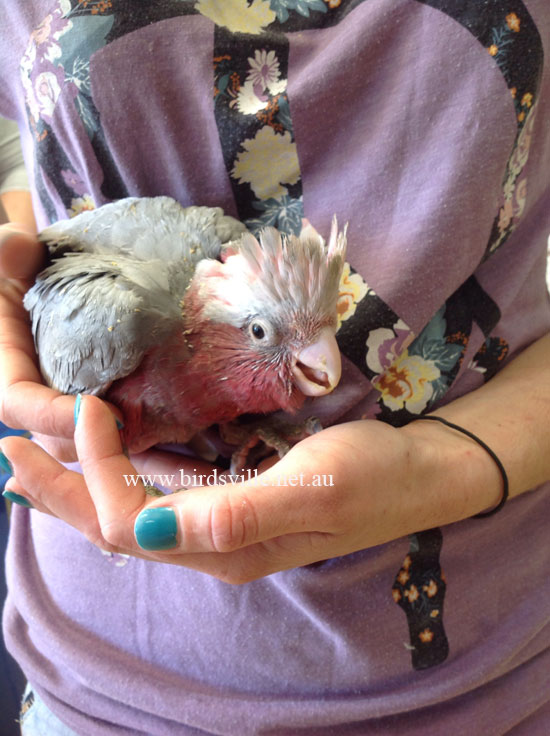
Galah
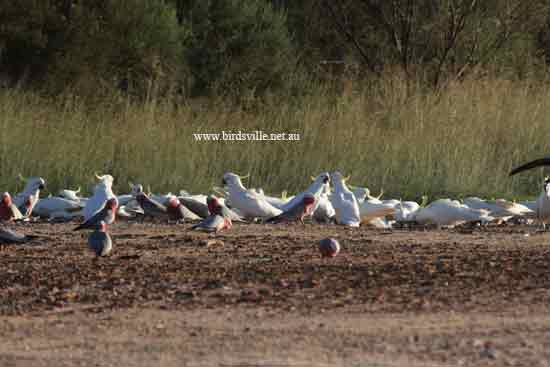
About The Galah
Galah’s have always been one of my favorite birds, maybe because they are one of the birds I always had growing up. In my opinion Galah’s have the beautiful nature when trained properly. They are the most suitable of all the cockatoos in a human family environment (excluding cockatiels the smallest member of the cockatoo family) as they are not as noisy as other members of their family. But remember, if you are after a completely silent bird there is no such thing, they all make noises. Galah’s are generally quiet during the day, but most will get a little excited around dusk and dawn as the sun goes up or down.
Length
around 14 inches
Average Weight of galah’s
300 – 400 grams
Nature of galahs
Galahs make great pets and are good talkers they are generally not noisy. Despite these birds being synonymous with the word fool or idiot (Alf stuart from the tv show using the term “you flaming galah!”) these birds are definitely not a fool or an idiot on the contrary these birds are very intelligent and there is definitely something going on upstairs in the brain department any owner of a galah will be able to attest to this. this saying probably came from the fact that they are quite playful even in the wild clowning around upside down and playing with each other.
Introducing your Galah to existing birds.
Once you have taken your bird home you should keep it in a separate cage and allow the bird to adjust accordingly. Always allow at least 2 weeks before introducing the bird to an existing bird. During this period ensure the birds can see each other through the cages without the cages touching.
When mixing species try to get similar sized birds, there is always an element of risk mixing different species together and even the same species. At birdsville we have witnessed that all the large cockies mix together quite well and even become friends. We have a customer who has a galah which is best friends with their lorikeet but in saying this always be cautious.
Hygiene
The cage requires regular cleaning and old food should not be allowed to accumulate in the cage. Water should be changed on a daily basis and do not allow fruit of veg to go moldy, should be taken out at the end of the day.
Training Galah’s
This is an important factor of having a well-behaved hand raised bird. The bird needs to be handled in a quiet, relaxed situation. spending time with your bird while watching tv or reading is perfect, but don’t over stress your bird in the first few weeks to months of taking it home, babies need rest. The more time you spend with your bird, the better your bird will become. There is more information about training on our training page.
